Do you add soil to your compost?
tcstoehr
13 years ago
Featured Answer
Sort by:Oldest
Comments (34)
hortster
13 years agoLloyd
13 years agoRelated Professionals
Manhattan Beach Landscape Architects & Landscape Designers · Salem Landscape Architects & Landscape Designers · Pottstown Landscape Contractors · Biloxi Landscape Contractors · Holland Landscape Contractors · Riverhead Landscape Contractors · Saint Paul Landscape Contractors · Athens Decks, Patios & Outdoor Enclosures · Coatesville Decks, Patios & Outdoor Enclosures · Hockessin Decks, Patios & Outdoor Enclosures · La Palma Decks, Patios & Outdoor Enclosures · Littleton Decks, Patios & Outdoor Enclosures · New York City Decks, Patios & Outdoor Enclosures · Northglenn Decks, Patios & Outdoor Enclosures · Redmond Decks, Patios & Outdoor Enclosuresluckygal
13 years agoeaglesgarden
13 years agobpgreen
13 years agoKimmsr
13 years agoeaglesgarden
13 years agogargwarb
13 years agoclaireplymouth z6b coastal MA
13 years agoseamommy
13 years agounasmith
13 years agobpgreen
13 years agoclaireplymouth z6b coastal MA
13 years agobpgreen
13 years agoclaireplymouth z6b coastal MA
13 years agooliveoyl3
10 years agonc_crn
10 years agolazy_gardens
10 years agoKimmsr
10 years agoLaurel Zito
10 years agoseysonn
10 years agoKimmsr
10 years agotcstoehr
10 years agotoxcrusadr
10 years agooliveoyl3
10 years agonc_crn
10 years agoDirtandYarn
10 years agoKimmsr
10 years agoLloyd
10 years agotoxcrusadr
10 years agoelisa_z5
10 years agojctsai8b
10 years agofloral_uk z.8/9 SW UK
10 years ago
Related Stories

GARDENING GUIDESGet on a Composting Kick (Hello, Free Fertilizer!)
Quit shelling out for pricey substitutes that aren’t even as good. Here’s how to give your soil the best while lightening your trash load
Full Story
GARDENING GUIDESHouzz TV: Make a Worm Bin for Rich Soil and Happy Plants
A worm-powered compost bin that can fit under a sink turns food scraps into a powerful amendment for your garden. Here’s how to make one
Full Story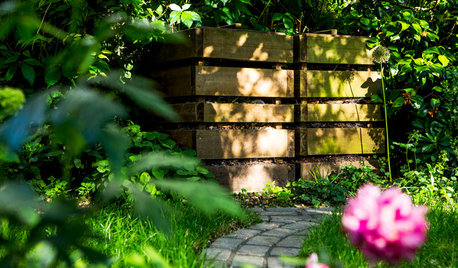
GARDENING GUIDESProfessional Tips for Making Your Own Compost
Learn how to create a free supply of nutrient-rich soil for your garden with expert advice from Houzz landscape pros
Full Story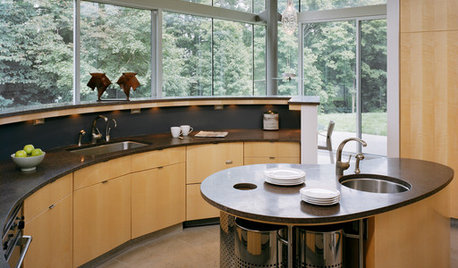
GREEN BUILDINGWhere to Hide the Kitchen Compost Bin
Enriching your soil doesn’t have to mean staring at a countertop pile of decomposing food scraps
Full Story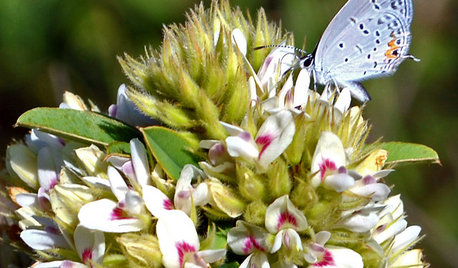
GARDENING GUIDES5 Prairie Wildflowers That Can Heal Your Soil
Get free, organic soil fertilizer with nitrogen-pumping plants that draw pollinators too
Full Story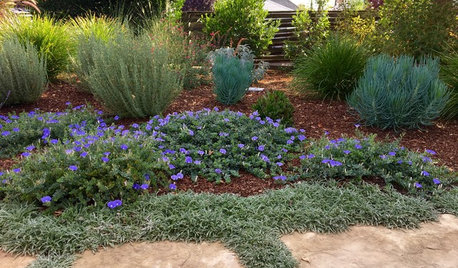
GARDENING GUIDESWhat to Do This Fall to Build Healthy Garden Soil
Take advantage of the cool season to improve soil texture and replenish nutrients
Full Story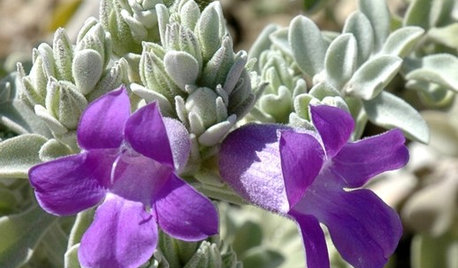
GARDENING GUIDESGreat Design Plant: Try Blue Bells for Blooms in Dry Soil
This shrub’s violet-blue flowers and silvery foliage brighten low-water gardens all year long
Full Story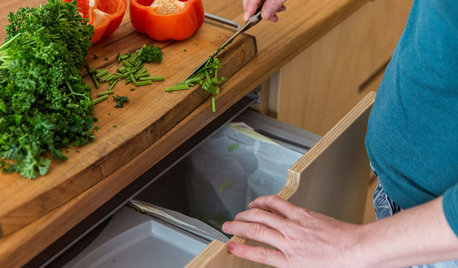
KITCHEN DESIGNWhy You Might Want to Give ‘Bokashi’ Composting a Try
Turn kitchen scraps into gardening gold with this low-maintenance, space-saving method
Full Story
GARDENING GUIDESThe Poop Scoop: Enrich Your Soil With Good Old Manure
Get over the ick factor already — this natural super-ingredient for soil has so many benefits, you'll wonder why you ever went chemical
Full Story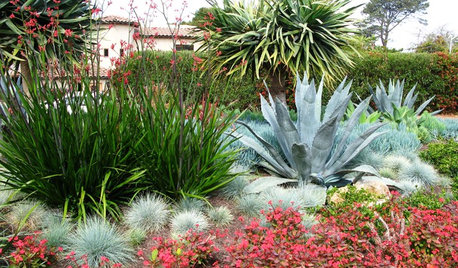
GARDENING GUIDESGardening Solutions for Dry, Sandy Soils
Has your desert or beachy site withered your gardening creativity? Try these ideas for a beautiful, easy-care landscape
Full StoryMore Discussions







tcstoehrOriginal Author